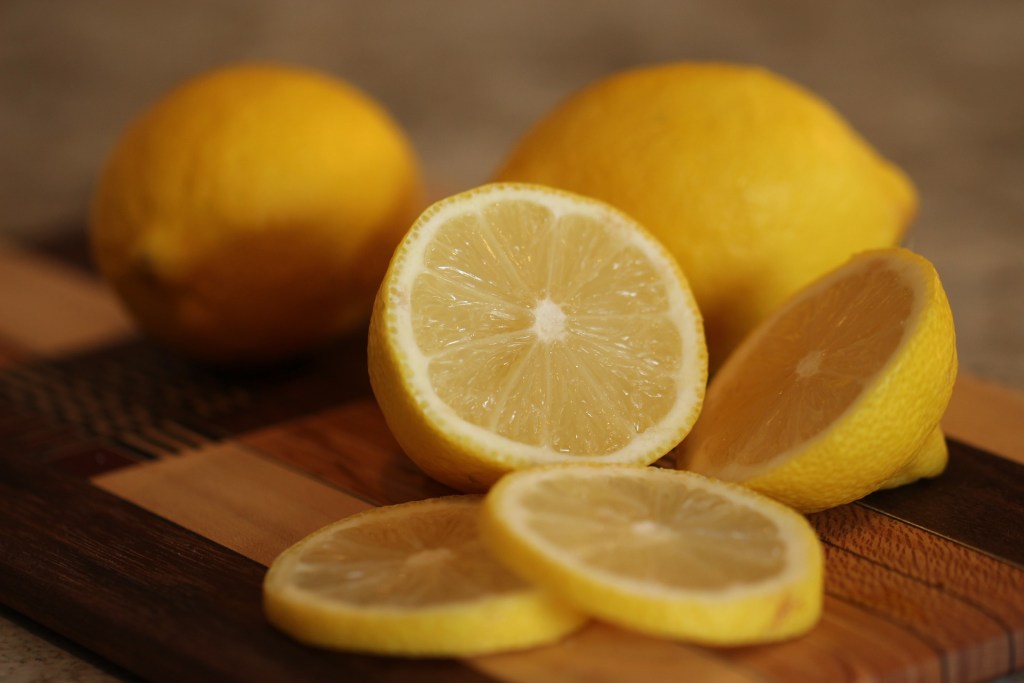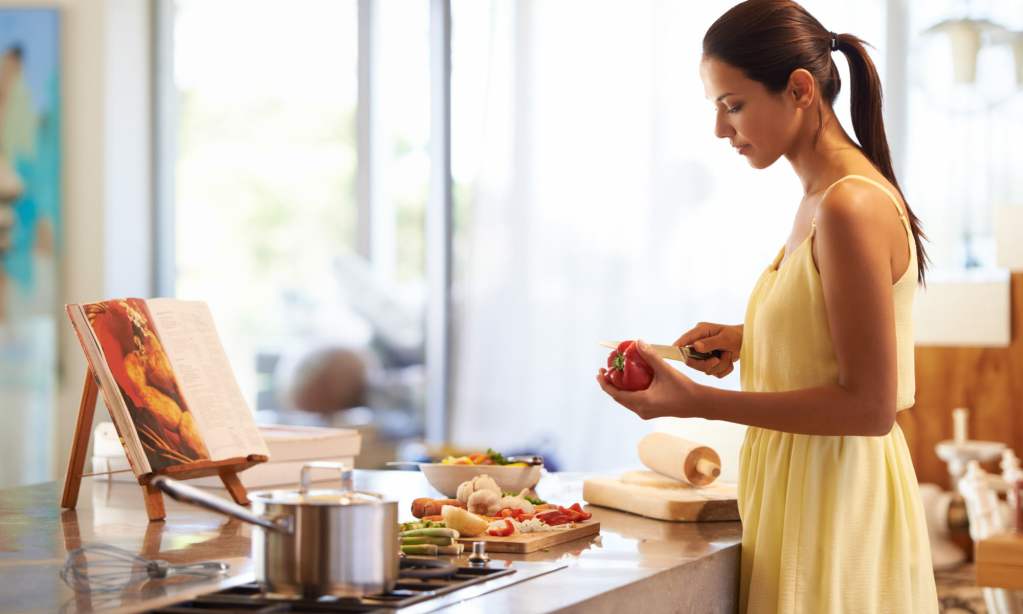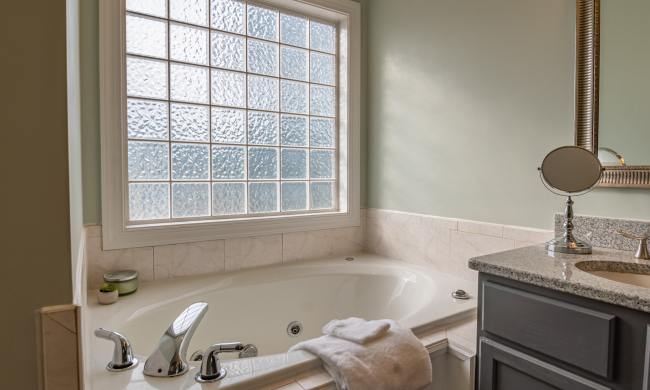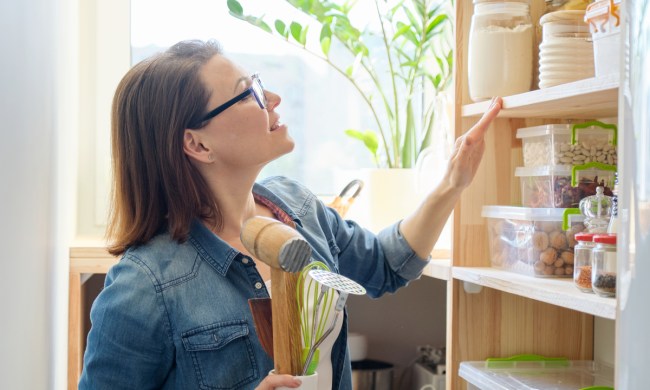Unless your kitchen has a restaurant-quality ventilation system, you will inevitably run into the problem of your home smelling like dinner long after the cooking is done. When you cook, all of the delicious smells fill up your house, which at the time is a good thing — they make everyone hungry and curious about your enticing evening meal. However, once the meal is over, those smells tend to linger in your home and aren't nearly as desirable as before the meal.
So how do you get rid of cooking smells when you're finished cooking? Many of the items traditionally used to freshen up your home, such as air fresheners, wax melts, or diffusers, can blend with existing food smells and make an even worse combination rather than eliminate the undesired odors. Other items like sprays aren't good for the kitchen since they could contaminate food. If you have been trying to eliminate cooking odors without success, check out the ideas below.

How to prevent cooking smells in your home
One of the best ways to prevent lingering food smells in your home or apartment is to stop them before they start. Sure, the smell of cooking food is pleasant, but if you can eliminate some or all of it before or while you’re cooking, you’ll have less to contend with once the meal is finished. Also, cleaning as you go makes the after-meal clean-up much easier, so it's a time-saver and an all-around win.
Step 1: Invest in a charcoal filter splatter screen.
One great way to cut down on cooking smells is to use a charcoal filter splatter screen. A splatter screen is only useful during specific cooking preparations, such as pan-frying, and the screen itself will prevent splatters from getting on your stove and backsplash. The reduced splatters of food alone will cut down on stubborn smells, but the charcoal filter will also absorb cooking scents as you cook.
Step 2: Use a vinegar steam.
If you're making a particularly pungent dish, you can combat the smells with steam. In particular, a vinegar and water steam will absorb odors in the air while you’re cooking. Merely adding a half cup of vinegar to a cup of water and simmering it on the stove while cooking will cut down on lingering odors. If you have a stove vent, use it in addition to the vinegar steam method to produce even better results.
Step 3: Boil water filled with fragrant items.
If you don’t want to deal with vinegar or the smell bothers you, you can boil a pot of water filled with other ingredients that leave a more palatable fragrance behind. Throw lemon peels, cloves, cinnamon sticks, or other aromatics into a pot of boiling water on the stove and simmer it.

Step 4: Use a plug-in air purifier.
If boiling additional pots seems like too much added work or you just don’t have the extra room on the stove, you can try a plug-in air purifier. Small countertop models are perfect for kitchens and are relatively quiet so they won't add to the kitchen noise.
These small devices deodorize your kitchen and remove bacteria, viruses, mold, and pet dander from the air. Air purifiers also help deodorize rooms that already stink.
Step 5: Use baking soda.
Another method for absorbing smells in the air is to use baking soda. People have been putting boxes of baking soda in their refrigerators for so long that there are now boxes available that are specially made for the refrigerator.
Baking soda does a particularly good job with smells from acidic foods, such as tomatoes, fish, and other veggies. In fact, most unpleasant smells are acidic, and the pH of the baking soda helps neutralize the acid in those types of foods, which reduces odors. Putting some baking soda in a bowl on the counter where you're cooking will do the trick.
Step 6: Keep windows open.
Finally, we suggest that you keep your windows open while cooking so the outdoor air can blow those cooking smells away. You can also use the range hood or vent above your stove or oven, if you have one, to minimize the cooking stench. If you keep air ventilation high and clean up after yourself right away, you can easily say goodbye to after-cooking smells.

How to get rid of existing food smells
Now that you have some ideas for preventing new cooking odors, you may need to get rid of some existing odors in your home.
Step 1: Use baking soda to get rid of existing smells, too.
We mentioned baking soda above as a preventative measure, but it's also great at absorbing existing odors. If you open a box of baking soda and place it in the area where the smells are coming from, the baking soda will absorb the lingering odors. Change the box out every two months or so, and you'll be headed in the right direction.
Step 2: Use coffee grounds.
You can use coffee grounds in the same way — put used coffee grounds in shallow bowls and place them around your house. The coffee grounds will absorb and eliminate smells. This is a great trick, especially if you're already saving coffee grounds for your garden or compost.
Step 3: Clean your kitchen trash bin.
Sometimes the lingering odors in your kitchen and home come from specific ingredients. Your kitchen trash bin can be the culprit for many lingering smells in your home. Wash out your trash bin often, and after you dry it, sprinkle some baking soda inside to prevent odors from staying in the can.
Step 4: Clean your kitchen sink.
Your kitchen sink drain can also be the keeper of many unpleasant smells. Whether you have a garbage disposal or not, the drain can collect food bits that rot and give off pungent odors.
After you use lemons for cooking, save the rinds and toss them down the disposal. (If you don’t have a disposal, squeezing lemon juice down the drain and letting it sit for a bit before rinsing with hot water has the same effect.) The oils in the lemon rinds and the acidity of the lemon juice will cut through the grease buildup and give your kitchen a fresh lemon smell.
No one wants a stinky kitchen — it can mess with your cooking flow and can obstruct your ability to taste and smell whatever it is you're whipping up. But don't despair. Follow these tips to get rid of cooking smells and ensure your kitchen stays odor-free... except for the scent of whatever's on the stove or in the oven.




